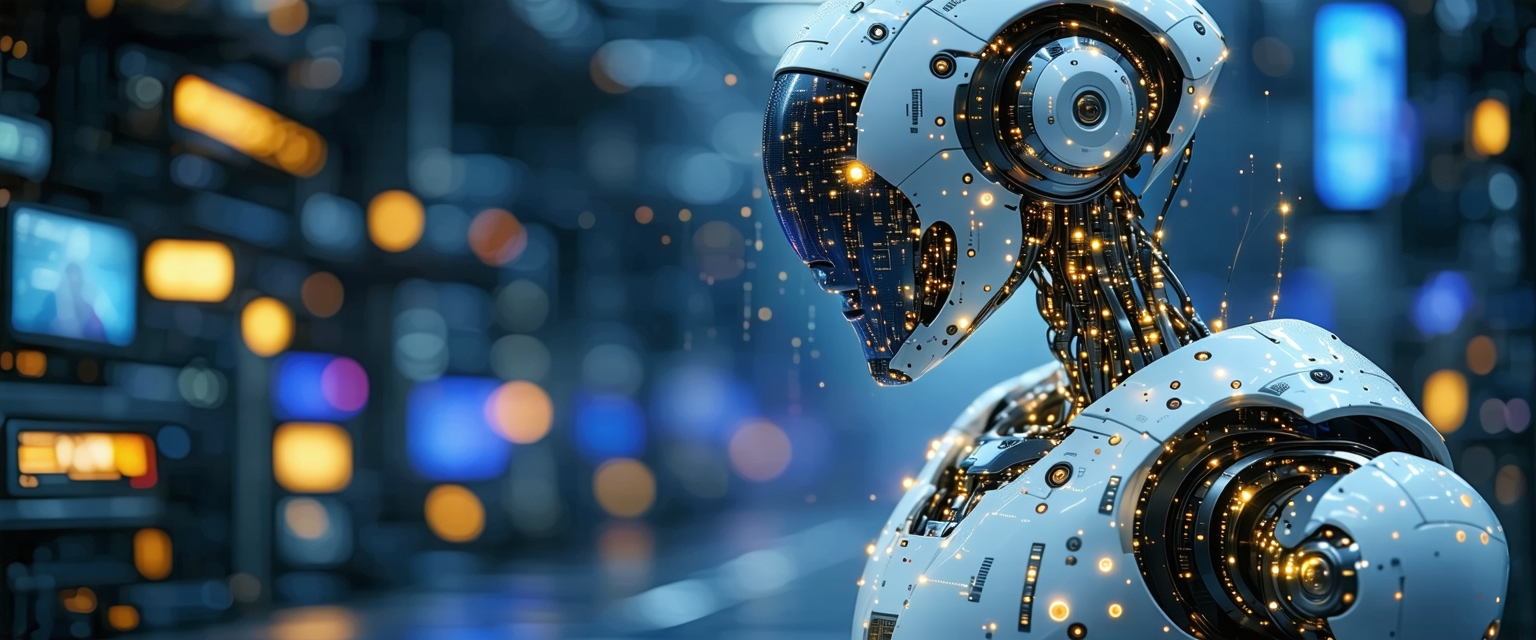






The field of robotics is experiencing rapid advancements, with recent breakthroughs pushing the boundaries of what’s possible. New developments in artificial intelligence, materials science, and control systems are leading to more sophisticated and capable robots.
For decades, robotics research has focused on improving dexterity, precision, and autonomy. Early robots were largely programmed for repetitive tasks in controlled environments. However, the integration of advanced machine learning techniques has drastically changed this landscape, enabling robots to adapt to dynamic and unpredictable situations.
Significant progress has also been made in creating more robust and durable robots, capable of operating in harsh environments. This includes the development of new materials that are lighter, stronger, and more resistant to damage.
Recently, several research groups have demonstrated remarkable progress in areas such as soft robotics and human-robot collaboration. Soft robots, made from flexible materials, are showing promise in healthcare and delicate manufacturing tasks, offering unprecedented levels of safety and adaptability. Simultaneously, collaborative robots (cobots) are increasingly being deployed in factories and workplaces, working alongside humans to improve efficiency and productivity.
Another significant development is the improvement in robot learning speed and efficiency. Researchers are exploring new algorithms that allow robots to learn complex tasks from limited data, reducing the time and resources required for training.
These advancements are poised to have a significant impact across various sectors. In manufacturing, robots are enhancing productivity and quality. In healthcare, they’re assisting surgeons, providing rehabilitation, and enabling personalized care. In logistics and transportation, autonomous robots are streamlining operations and improving efficiency.
However, ethical considerations surrounding the increasing autonomy and capabilities of robots need careful attention. Addressing issues of job displacement, safety, and bias in AI algorithms is crucial for responsible innovation.
Future research will likely focus on enhancing robot intelligence, dexterity, and adaptability. This includes developing more sophisticated AI systems capable of reasoning, problem-solving, and learning from experience. Further breakthroughs in materials science will lead to more durable, versatile, and energy-efficient robots.
The integration of robots into everyday life is expected to increase significantly in the coming years, leading to new challenges and opportunities.